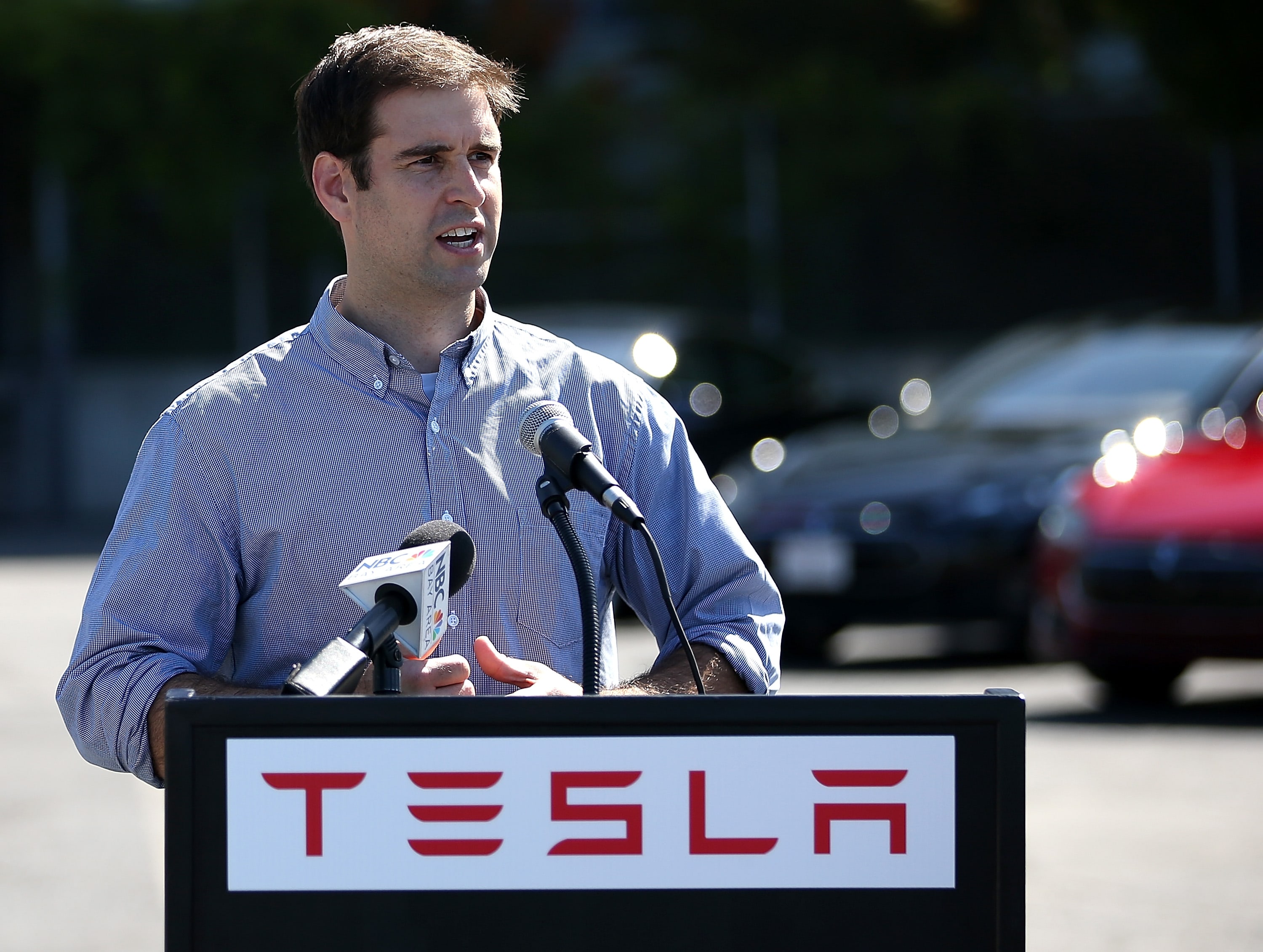Walk with JB Straubel through the Redwood Materials recycling plant in Carson City, Nevada and one thing stands out: pallets stacked on top of pallets full of old batteries, defective battery cells and scrap material from the neighboring Panasonic factory.
“The magnitude of the waste and scrap problem and the magnitude of the batteries that need to be recycled is, I think, shocking to most people,” said Straubel, founder and CEO of Redwood Materials. Straubel spent more than a decade at Tesla, before stepping down as technical director in 2019 so he could focus on growing his recycling company.
Redwood Materials has reached an agreement to recycle scrap and defective battery cells for Envision AESC, which makes batteries for the Nissan LEAF in Smyrna, Tennessee. It is the company’s latest move that Straubel started in 2017 to provide battery manufacturers and automotive companies with missing raw materials as EV production increases worldwide.
“We put the materials back in a very clean and fundamental state so that there is no loss of effectiveness,” said Straubel. “In fact, it is indistinguishable whether there is cobalt coming from an old battery or a mine.”
Cobalt, lithium, nickel and other minerals and metals used in EV batteries have become very hot commodities, so hot that prices have skyrocketed to 52-week highs. Fueling rising prices is an announced increase in the production of lithium-ion batteries, as car makers Tesla, General Motors and Ford dramatically increase EV plans over the next decade.
“To make the batteries the world needs in ten years, the industry will need 1.5 million tons of lithium, 1.5 million tons of graphite, 1 million tons of nickel for batteries and 500,000 tons of manganese for The world produces less than a third of each of these materials today. New sources of battery materials are highly valued and desperately needed, “said Sam Jaffe, managing director of Cairn ERA, an energy consulting company.
To emphasize his point of view, Jaffe points out that the demand for US lithium-ion batteries exceeded 43 megawatt-hours last year and will rise to 482 megawatts-hour by 2030.
The growth is fantastic news for Panasonic, which makes battery cells at Gigafactory which operates with Tesla in Sparks, Nevada. Thanks to its most recent expansion, Gigafactory will produce just under 2 billion battery cells this year.
Allan Swan, who runs the factory, says that even more production is needed. “Here in the United States, we certainly need four, five, six of these factories to support the automotive industry,” he said.
Celina Mikolajczak, vice president of battery engineering and technology at Panasonic Energy North America, believes that expanding EV plans mean the industry should look to battery recycling as a new source of essential minerals.
“It takes a lot of energy to extract these minerals and it makes absolutely no sense to deposit them in landfills,” she said. “We would be really foolish if we didn’t take advantage of the ability of older cells to create the next generation.”
Straubel and his team at Redwood like to say that the largest lithium mine is in America’s scrap drawers. It is a reminder that Redwood is positioning itself to recycle a wide range of lithium-ion batteries, not just those that go into electric vehicles. Still, given Straubel’s long tenure at Tesla and his extensive knowledge of the EV market, he is closely watching the rapidly expanding EV market.
While Straubel tore the package containing an old laptop battery that had been sent to Redwood Materials, he measured the pallet of old batteries stacked up to his waist. He estimates that there may be a billion batteries in old laptops, cell phones and cordless tools long forgotten in American homes.
“I’m a little surprised that some of the big OEMs (automakers) have taken maybe a little longer to become fully articulated and oriented in that direction,” said Straubel. “I’m also a little surprised at how many other successful and growing startups there are.”
Many of these start-ups have become publicly traded through SPAC mergers. Straubel thinks some of the startups are intriguing, but some may have weak or questionable business plans. Which? Straubel won’t say, but he has these words of caution for investors.
“Think calmly about the real business plan and the long-term potential,” he said.
CNBC’s Meghan Reeder contributed to this article.
